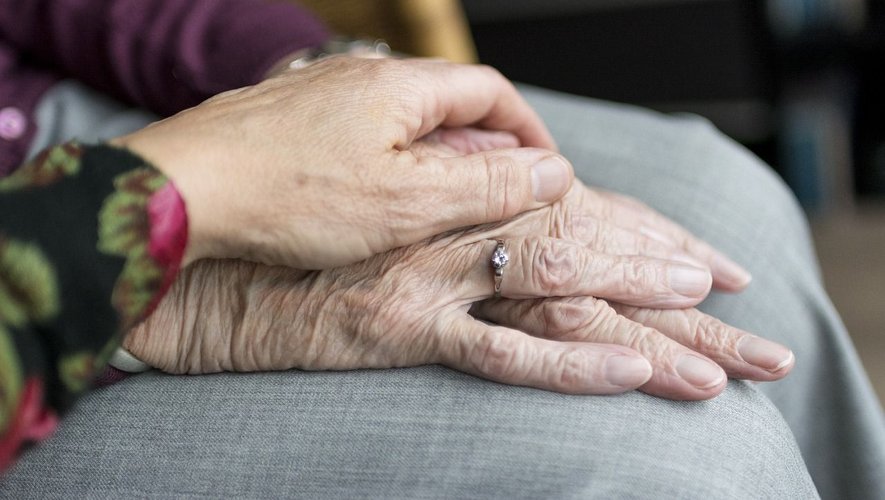The Regional Health Agency (ARS) has launched a vast plan aimed at meeting the challenges of tomorrow on aging but also at strengthening controls within nursing homes in order to renew this bond “of trust which has been damaged” by the last child abuse scandals.
The subject of caring for our elders remains more topical than ever. After the various episodes linked to the health crisis, where the confinements were linked, depriving the residents of visits from their families then, more recently, after the scandals of abuse in the nursing homes of Orpéa, “the bond of trust has been damaged”recognizes Didier Jaffre, director general of the ARS (Regional Health Agency) of Occitanie.
180 establishments already checked in Occitania
To provide a response to the latest scandals that have shaken the world of nursing homes, ARS Occitanie intends to increase controls within the 823 establishments welcoming the elderly. By the end of 2024, assure the representatives of the Regional Health Agency, 20% of nursing homes will be checked on site and 80% will be on documents. Since December 2022, 180 structures have already been checked on documents, 210 measurements “fixes” have been proposed.
At the same time, the aging of the population is a reality that health authorities take into account to improve home care for the elderly.
For the ARS, these two subjects come together around the challenges of ageing. In Occitania, 22% of the inhabitants are over 65 years old. Against 20% for the rest of France.
In Occitania, 15 seniors for 10 young people in 2040
Aveyron, along with Lot and Gers, remain the departments with the highest number of seniors. Here, as elsewhere, this trend will be accentuated. According to estimates, 29% of the population of Occitanie will be aged 65 or over by 2040. The share of seniors should even reach 40% in Lot and 38% in Gers. Occitanie will have 15 seniors for 10 young people in 2040. It is in the departments with the most dynamic demographics that the number of seniors will increase the most.
Today, 19% of them are accommodated in a medium or long-stay service, mainly in nursing homes.
For the decades to come, the ARS thus wishes to finance devices in order to delay the entry “in addiction”. In particular through the financing of a program, called Icope, which should make it possible to detect the first signs of fragility. It is also a question of facilitating home care, by multiplying day care offers within nursing homes, support for caregivers, etc. As part of the Ségur de la santé, an envelope of 100 million euros has been made available to nursing homes to support establishments in these transformations.

